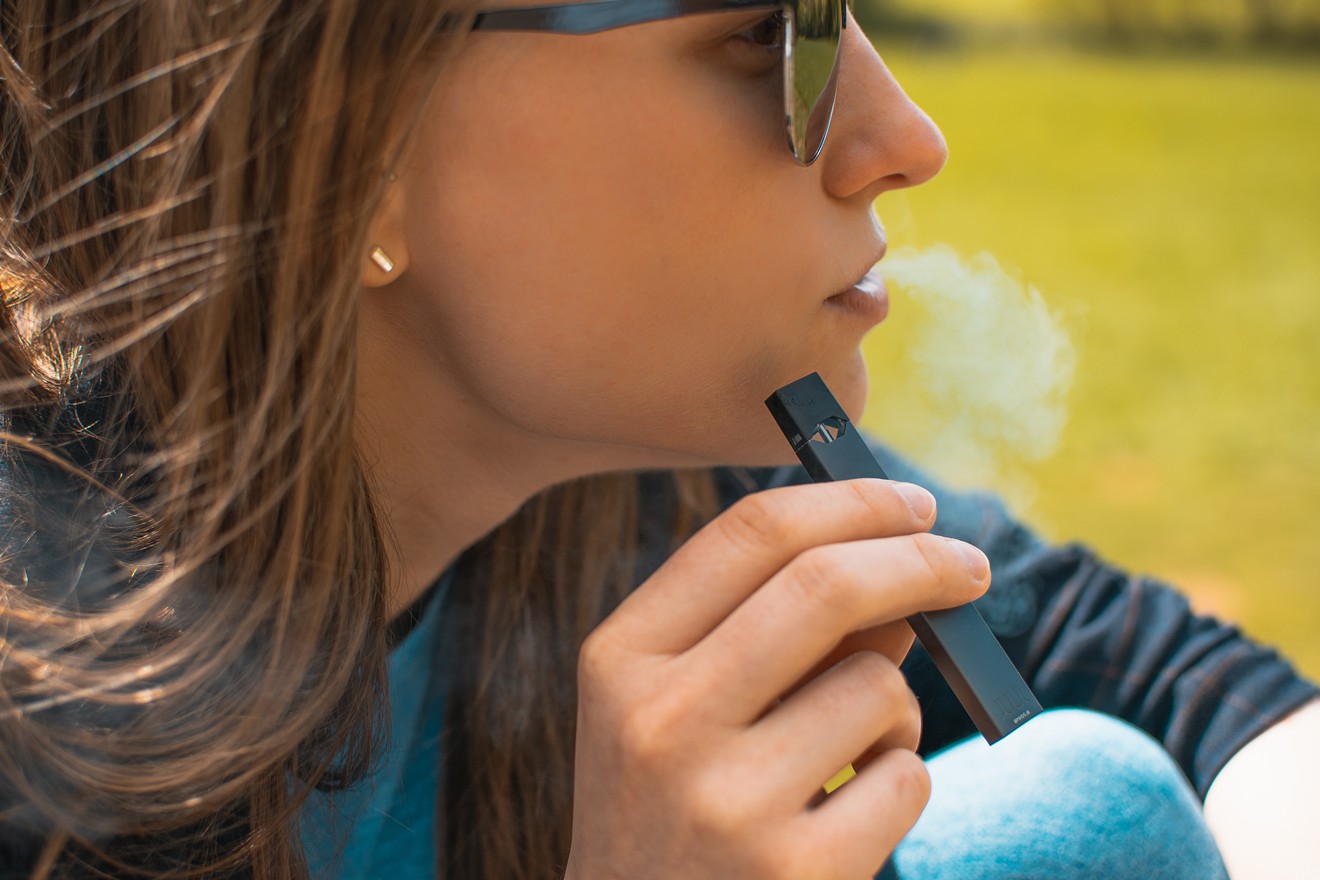"I'm not one that thinks you can cure all of
Teen vaping has become such a problem that some schools are literally locking the doors to bathrooms and locker rooms. Multiple parents are suing Juul, claiming their children can't stop vaping. The Food and Drug Administration, which reported an 80 percent spike in e-cigarette use by high schoolers, just proposed new rules aimed at cutting off sales to minors.
In Miami-Dade, Karp proposed spending $10,000 on vape detectors for school bathrooms back in April. He says the district is pondering trying that idea on a few campuses — as has been done in one Long Island school. While that idea is being weighed, the board agreed on November 20 to his idea for the pledges.
Before being asked to take the anti-vaping vow, the kids will be told about all the health risks — including studies that have found e-cigs can be highly addictive and can raise the risk for cancer. Their parents will also be warned through the PTSA or other parent groups.
Another part of the district's plan: training school staff to actually recognize vaping devices.
"Some of our teachers — or many of them — are unable to identify these devices," Karp says. "That's part of the
He says e-cigarette use varies by school, "but in some, I would call it out of control," adding that he's heard of kids smoking in bathrooms, on school buses, in classrooms, and in lunchrooms. (Last year, a National Institutes of Health study found that more than one in four high school seniors reported vaping in the last year.)
"If you don't act, then what you're really saying to the kids is that, 'Well, we're just kind of looking the other way,'" he says. "But if you walk down a hallway, you smell, you know, whatever it is — the different odors that they have based on the different flavors."












